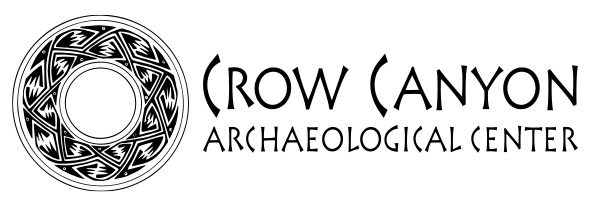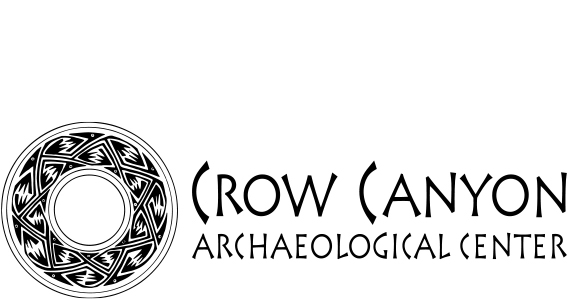Stuart McKee Struever, born on August 4, 1931, in Peru, Illinois, passed away on October 18, 2022, in Santa Fe, New Mexico. Two of Stuart’s lifelong interests, archaeology and upland game-bird hunting, started at an early age. As a young boy, Stuart hunted and conducted archaeological surveys in the farm fields near his home, mapping and recording archaeological sites. He had no archaeological training until he attended Dartmouth College, where he graduated in 1953. The following year Stuart started graduate studies at Harvard University, but he was drafted to serve two years in the army where his hunting experience allowed him to become a marksmanship trainer preparing infantry troops for the escalating Cold War.
Stuart didn’t immediately return to graduate school after his military service. Instead, he formed his first nonprofit organization, Archaeological Research Inc., through which he raised money and recruited volunteers to support his excavations, mostly at Woodland-period sites in Illinois. Stuart completed his M.A. in 1960 at Northwestern University and his Ph.D. in 1968 at the University of Chicago, with Lewis Binford as his advisor.
Stuart was strongly influenced by Binford, who was pioneering a major shift in the intellectual paradigm in archaeology, which came to be known as “the New Archaeology.” Stuart was a major contributor to this conceptual shift, and three areas of innovation distinguish Stuart’s career: establishing the importance of multidisciplinary cultural-ecological research, anchored in the natural sciences; conceptualizing the importance of sustaining long-term research programs on a regional scale; and the importance of building independent archaeological research centers with sufficient sustained funding to put this type of research program into practice. Soon after completing his doctorate, Stuart took a faculty position at Northwestern University, in large part because he was assured that he would be able to develop just such a program.
In 1968, Stuart’s nonprofit, then renamed the Foundation for Illinois Archaeology (FIA), purchased the old hardware store in downtown Kampsville, Illinois. From there he began to build the organization and the research program he had envisioned. The Kampsville staff conducted archaeological survey and excavation projects, funded primarily with high school and college field schools, while Stuart spent most of his time giving public lectures and fundraising. By 1981, FIA owned 39 buildings in Kampsville that housed dedicated labs for zoology, botany, palynology, malacology, geomorphology, human osteology, artifact analysis, flotation, and data processing.
In 1982, Stuart expanded the program by merging with and acquiring the campus of another nonprofit near Cortez, Colorado. FIA became the Center for American Archaeology (CAA) to reflect this expansion. The merger dissolved in 1986, and Stuart recruited his boyhood friend and then successful Denver businessman, Ray Duncan, to chair a new board for the organization that became the Crow Canyon Archaeological Center (CCAC). Ray agreed to chair and build a new board, on the condition that Stuart leave his positions at Northwestern and CAA to devote his full attention to raising the money to build the facilities, staff, and programs at Crow Canyon, which he did.
Stuart and Ray served together as president and board chair from 1986 to 1993, when they both retired. Stuart remained on the CCAC board after retirement, and in 1999 he was recruited to help with a comprehensive campaign that raised $16 million in five years. After his retirement from CCAC, Stuart devoted his time to helping his wife Martha “Marti” Hopkins Struever run her successful American Indian art business in Santa Fe.
Stuart served as president of the Society for American Archaeology (SAA) from 1974 to 1976 and later received two of SAA’s most prestigious awards, the Distinguished Service Award, and the SAA President’s Award. Stuart’s legacy in archaeology lives on, as he is survived by two very successful, nonprofit research and education centers—CAA and CCAC. The two organizations he founded continue to achieve their missions based on Stuart’s original vision and beyond what he could have imagined.
Gifts in memory of Stuart are welcome and may be directed to the Crow Canyon Archaeological Center Annual Fund or the Stuart Struever Chair in Research. He was after all the consummate fundraiser and institution builder.
Ricky R. Lightfoot,
Chair of the Crow Canyon Board of Trustees



